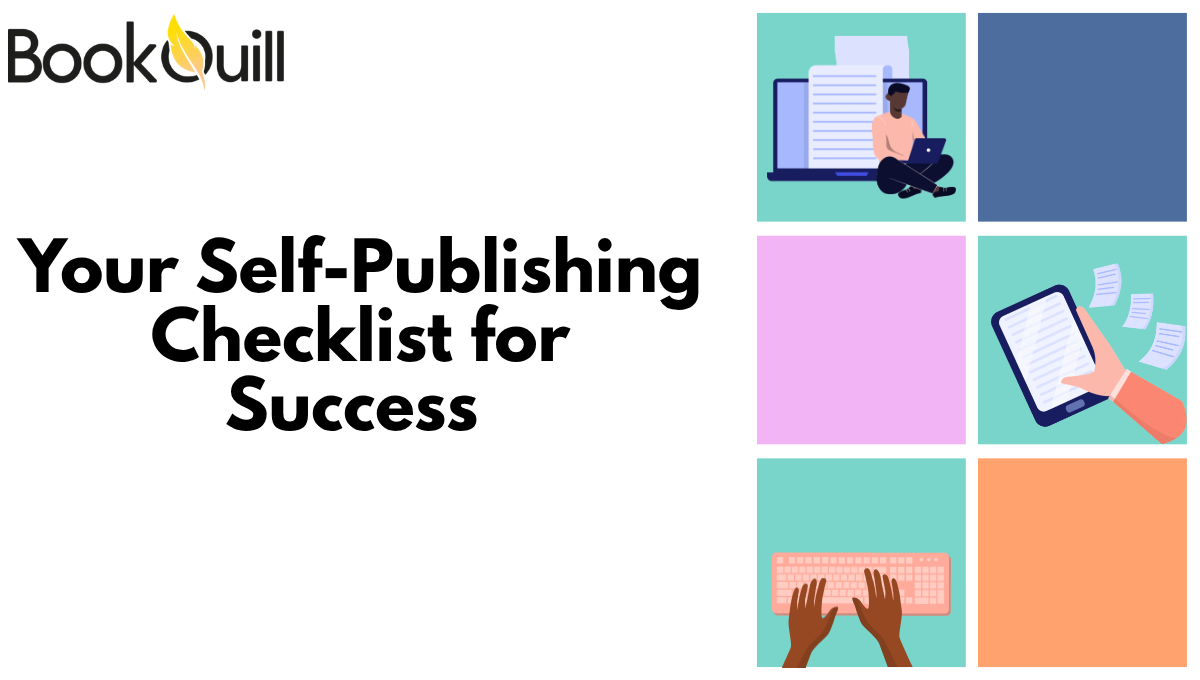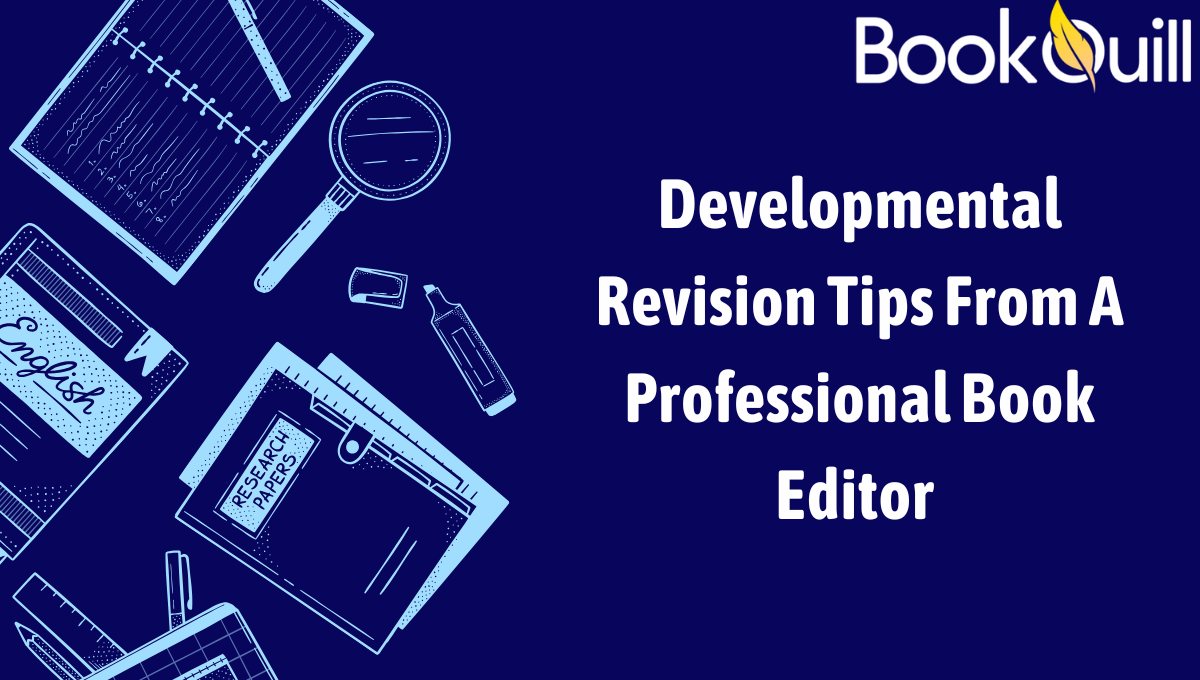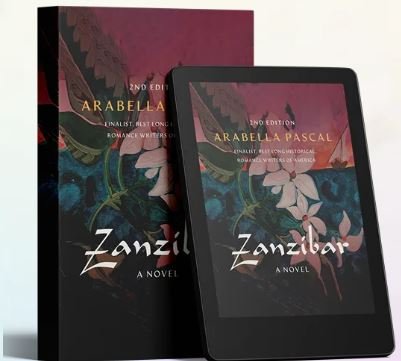There was an idea that kept stumbling across my mind—over and over again. I thought about shrugging it off more times than I can count, but I couldn’t resist it.
I’ve been in the writing industry for the past 8–9 years, crafting fiction and sci-fi books while also ghostwriting for a bunch of different authors. Business was already good. Then someone mentioned the rise of audiobooks. Boom. At first, I figured it was just a passing wind—something trendy people would forget. Turns out, I couldn’t have been more wrong.
Audiobooks kept gaining traction. They’re still breaking records, still reaching new heights.
After stewing on it for 2–3 months, I finally decided: I’m diving in. I’m going to try my luck in the audiobook space too.
But here’s the twist: the market’s wild right now. A.I.-narrated audiobooks, synthetic voices, algorithms reading bedtime stories—these are uncharted waters I didn’t even know existed when I first started researching. But now I do. And that’s exactly why I’m writing this blog.
I’ve done the legwork. You don’t have to hunt down scattered sources or piece together the puzzle. Just sit tight, read till the end, and I’ll Walk you through everything you need to know.
Enter the Robot Narrator: What is an AI-Narrated Audiobook?
From Clunky to Cutting-Edge
There was a time when the idea of a machine reading books sounded like a plot from a bad sci-fi movie—flat voice, awkward, clunky. More CIA torture tactic than any kind of artistic performance. But not anymore. The game’s been flipped upside down. Thanks to wild advancements in text-to-speech (TTS) technology, A.I.-narrated audiobooks now walk a razor-thin line between robotic and remarkably human.
Unlike human narration—where emotion, pacing, tone, and performance are sculpted by an actual person—AI narration leans on algorithms trained on massive libraries of human speech. These voices don’t just read; they evolve. They pause for effect, modulate tone like pros, and even pronounce names you’d trip over—with unsettling grace.
Who’s Powering the AI Boom?
Leading platforms like Google Play Books, Apple Books, and even tools like Kobo and DeepZen are now rolling out options for authors to use AI voiceovers—at just a fraction of what traditional narration would cost. All you need is a manuscript and a few clicks, and boom—your book is audio-ready and good to go live.
But while the tech’s impressive, it’s not flawless. There’s a difference between mimicking emotion and actually feeling it—and that subtle gap? That’s where the robots still stumble. It’s the kind of shortfall only the best affordable audiobook services can patch up… or, if you’re bold enough, narrating it yourself. Still, for authors wanting to test the waters without draining their wallets, AI narrated audiobooks isn’t the future anymore—it’s already here.
Pros of AI Narration for Authors
Faster Turnaround Than You Can Blink
Let’s start with the obvious win: speed. With AI narrated audiobooks, you don’t need to hunt down voice actors, book studio time, or wait weeks for edits. Your manuscript can go from text to voice in hours, not months. That’s a game-changer for authors who move fast and publish often.
Budget-Friendly Without Sounding Cheap
Then there’s the cost. Traditional narration isn’t cheap—especially if you want quality. We’re talking hundreds to thousands of dollars, depending on length and talent. For indie authors or anyone testing new markets, AI narrated audiobook is the budget-friendly backdoor. You get a decent narration without lighting your wallet on fire.
Scalable, Flexible, and Ready to Multiply
And let’s not forget scalability. Want to publish in multiple languages? Create different versions? Maybe even test two voice styles to see what hits harder with your audience? AI can do that without blinking.
But Let’s Be Real: The Cons and Limitations
AI Can Read—But It Can’t Feel
Let’s not pretend A.I. narrated audiobooks are some flawless miracles. They’ve come a long way, sure—but the cracks are still there, and you can hear them if you’re listening close. The biggest one? Emotion. Or more accurately, the lack of it. A human narrator brings life to the page—joy, heartbreak, tension, sarcasm. AI hits the words, but it doesn’t bleed. It doesn’t feel.
This shortfall shows up big time in fiction. When your story needs dramatic pauses, shifting tones, or distinct character voices, A.I. narrated audiobooks often fall flat. Everything starts sounding… same. Like Siri got handed your novel and told to wing it. It gets the job done, technically—but it won’t win hearts. And unless you’re working with one of the best audiobook creation services out there, that gap only widens.
Performance vs. Perception: What Will Your Listeners Think?
Let’s not forget about your audience. Some listeners are cool with AI—they just want the story, no matter who’s telling it. But hardcore audiobook fans? They expect a performance. To them, narration is half the experience. They want a voice that breathes with the story, not one that sounds like it’s skimming instructions on assembling a bookshelf.
And that’s the real trade-off. If your author brand leans on authenticity, depth, or that personal touch—AI narrated audiobooks might feel like a mismatch. You save money, sure. But if your story loses its soul in the process, was it worth it?
How to Get Started Without Losing Your Mind
Tools, Platforms, and Things to Watch
So, you’ve decided to give A.I. narrated audiobooks a shot—good call. Now let’s talk tools. You don’t need a fancy setup or a Hollywood budget. Platforms like Google Play Books offer auto-narration, while ElevenLabs is quickly becoming a go-to for authors who want voices with a bit more depth and character. DeepZen and Speechki are also worth checking out if you want variety without the robotic monotone.
But before you start feeding your manuscript into a machine, know this: rights matter. Some platforms want a cut, others want control. Read the fine print. You should always retain the rights to your audiobook—especially if you’re testing AI narration first and considering human narration later.
And here’s the golden rule: never publish without previewing. Always listen to the final output yourself—start to finish if you can, or at least the first few chapters. What sounds okay in a demo might fall apart during long-form narration. Even the best audiobook creation services can mess up pacing or pronunciation if you’re not watching.
Conclusion: Welcome to the (Synthetic) Future of Storytelling
AI-narrated audiobooks aren’t just knocking on the door—they’ve kicked it down and set up shop in the living room. For authors, this isn’t about resisting the tech tide—it’s about learning to ride it without wiping out. The synthetic voices are getting better, the platforms are expanding, and the barriers to entry are crumbling fast.
But let’s not kid ourselves: this isn’t a one-size-fits-all revolution. If you write raw, emotional fiction that hinges on subtlety and soul, AI may still miss the mark. But for nonfiction, how-tos, genre fiction, or testing markets? AI narration is a turbocharged shortcut into audio publishing.
Bottom line? Know your audience. Know your story. And know that AI is a tool—not a replacement for heart, but a powerful ally in reach and scale.
FAQs: AI-Narrated Audiobooks, Demystified
Q: Are AI-narrated audiobooks legal to publish?
A: Yes, absolutely—but always read platform terms carefully. Make sure you retain the rights to your audio content, especially if you plan to upgrade to human narration later.
Q: Will listeners know it’s an AI voice?
A: If they’ve got a sharp ear, maybe. But many modern AI voices are shockingly humanlike. For certain genres, it might not matter. For others, especially emotional fiction, it could be a dealbreaker.
Q: Which AI narration platforms are best for authors?
A: Google Play Books, ElevenLabs, DeepZen, Speechki, and Apple Books are top contenders—each with different voice styles, licensing terms, and price points.
Q: Is it worth replacing human narrators with AI?
A: Depends on your goal. AI offers speed and affordability. But for performance-driven storytelling, human narrators still reign supreme. Consider AI for rapid testing or budget releases, then upgrade later.
















Leave a Reply